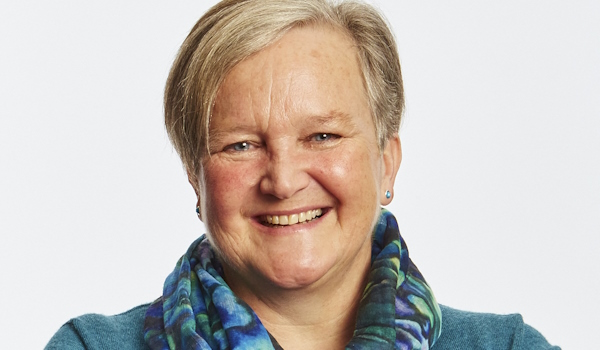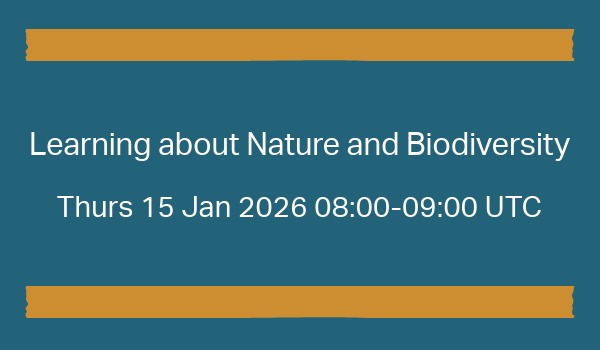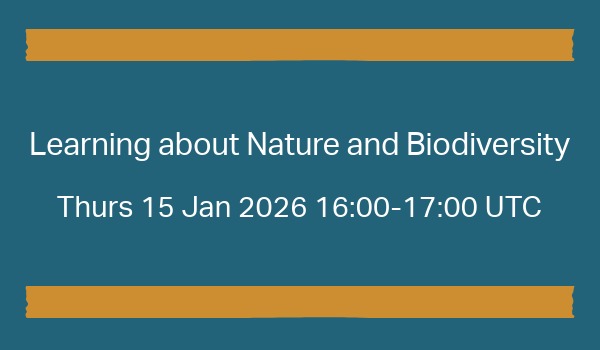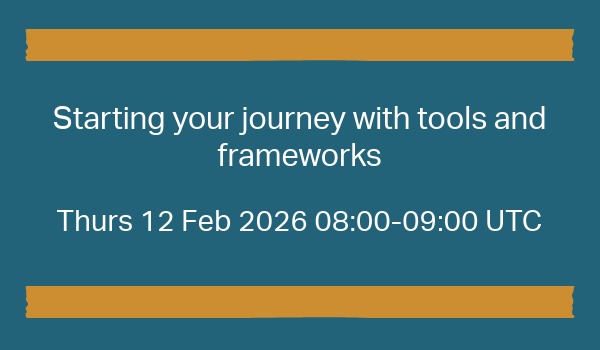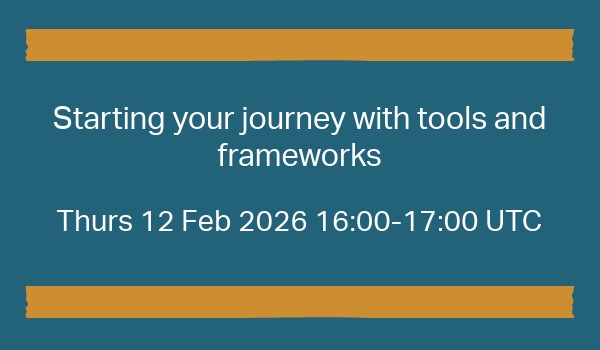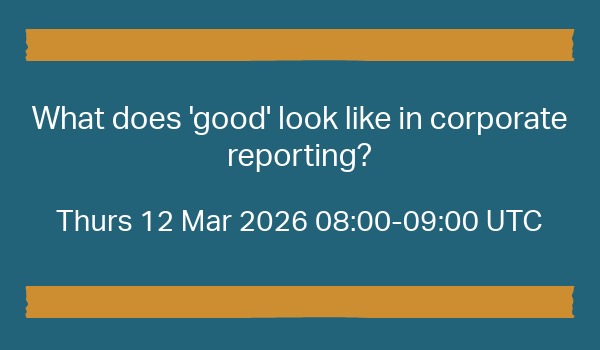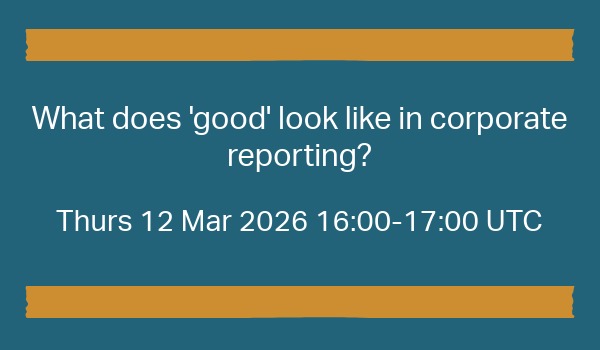[Image: Vodolaz, via Adobe Stock]
In 2022 and 2024 we undertook surveys with two samples of British senior business decision makers to find out how they think about, or are seeking to integrate nature and biodiversity, into their business activities. The results are analysed below, and provide a baseline understanding from which we can advance business and biodiversity work.
You can dive straight into the report here: Business, nature and biodiversity:baseline evidence to support business literacy
Based on these surveys, we make three recommendations, for academics, business advisors and businesses themselves, summarised below:
- All businesses are connected to nature in some way. Business leaders need ecological literacy to understand the issues at stake for the economy from nature and biodiversity disruption. Such literacy will increasingly be expected by customers, business partners, local authorities and environmental protection agencies as well as providers of financial capital.
- If you are a business at the 'leading edge' of practice in this area, tell others about what you are doing and how you are doing it. Other businesses in your physical location, in your sector or along your value chains will be able to support your work better if they know what you are trying to achieve.
- Starting to think about your business's dependencies and impacts on nature will increase ecological literacy - exploring the different standards, tools and initiatives listed in the report will help, and there is support available if you wished to start to address nature and biodiversity issues.
The full report can be accessed below and we would encourage all businesses (no matter how mature your thinking is around nature and biodiversity) to read it. The report contains information on the differences between nature and biodiversity, why both dependencies and impacts are relevant, and introduces some tools and frameworks that can be used.
Conducting this survey is not the end of our process. We are offering three FREE webinars so you can develop your knowledge of nature and biodiversity and business links further. Each webinar is offered at two different times to increase the probability that there will be a time to suit you. The webinars are aimed at a business audience who are curious about these topics and wish to gain sufficient knowledge to be able to move forward in their business planning. They may be especially useful for small and medium-sized businesses.
Your facilitators for the webinars are:



